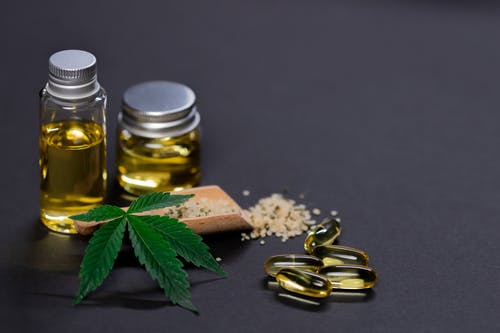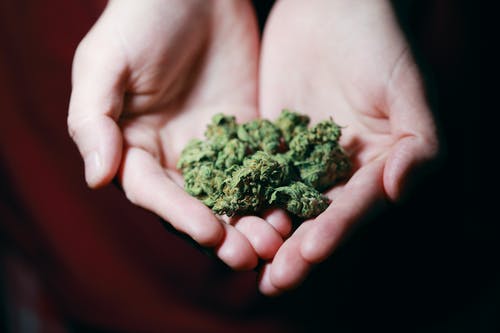Medical cannabis has shown to be effective in treating mental health conditions, according to a new report.
Realm of Caring (RoC), a nonprofit dedicated to cannabinoid research, has published a paper in Frontiers in Psychiatry that examines the benefits of medicinal cannabis products for individuals with anxiety and depression, two of the most common mental health conditions. Both conditions can be debilitating if not well-managed and medical marijuana can be an effective treatment option.
Previous research supports the use of the plant to treat symptoms, and the longitudinal study builds upon and solidifies the findings of these studies. However, there have also been studies that have shown adverse effects. Thus, continued research is necessary to determine whether the risks outweigh the benefits, and even so, individuals can respond in different ways.
In the RoC study, the team collected and housed data in its Observational Research Registry (ORR), which it examined to find that people who use of “artisanal cannabidiol (CBD) products or continued use of CBD products at follow-up endorsed significant reductions in both anxiety and depression, improved sleep, and less pain compared with those not using CBD,” according to the research team, who mentioned that the study is particularly useful for those who are skeptical about, and hesitant to take, pharmaceutical products.

Much of the skepticism regarding prescription psychotropic drug use has to do with side effects. The authors acknowledged this, writing, “Several pharmacotherapeutic interventions show efficacy in the treatment of anxiety and depression. However, many patients are skeptical about the use of medication, and antidepressants, the most frequently prescribed of these medications, are not without contraindications. Adverse events are fairly common across antidepressant drug classes and can dis-incentivize initiation and contribute to discontinuation of pharmacotherapy. Further, although antidepressants are demonstrably superior to placebo at alleviating symptoms of both anxiety and depression, effect sizes are small, and, thus, may not always be perceptible at the patient level.”
The team pulled data from a web-based survey issued over a four-year period between 2016 and 2020 that focused on participants’ self-reported anxiety and depression symptoms. Explaining the methodology further, Dr. Nicolas Schlienz, Research Director for Realm of Caring and co-author of the study said, “We observed positive effects in people taking an average of only about 60 mg per day, 1/10th of that dose. The biggest misconception this study addresses is that CBD doses need to be between 400-600 mg before positive psychiatric effects can be achieved. We observed effective results in people taking an average of only about 60 mg per day, 1/10th of that dose.”
Schlienz co-authored the study showing effective results with RoC’s President, Heather Jackson, Dr. Marcel Bonn-Miller, Vice President, Human and Animal Research at Canopy Growth Corporation, Dr. Ryan Vandrey, Professor of Psychiatry and Behavioral Sciences at Johns Hopkins University School of Medicine, Erin Martin, Predoctoral Fellow at the Medical University of South Carolina, and Dr. Justin Strickland, Instructor at Johns Hopkins University.
The team concluded, “Medicinal cannabis use may reduce anxiety and depressive symptoms in clinically anxious and depressed populations. Future placebo-controlled studies are necessary to replicate these findings and to determine the route of administration, dose, and product formulation characteristics to optimize clinical outcomes.”
Sources:
New Medical Study Reports Reduced Depression and Anxiety Symptoms With Low Doses of CBD
Antidepressant and Anxiolytic Effects of Medicinal Cannabis Use in an Observational Trial


Join the conversation!